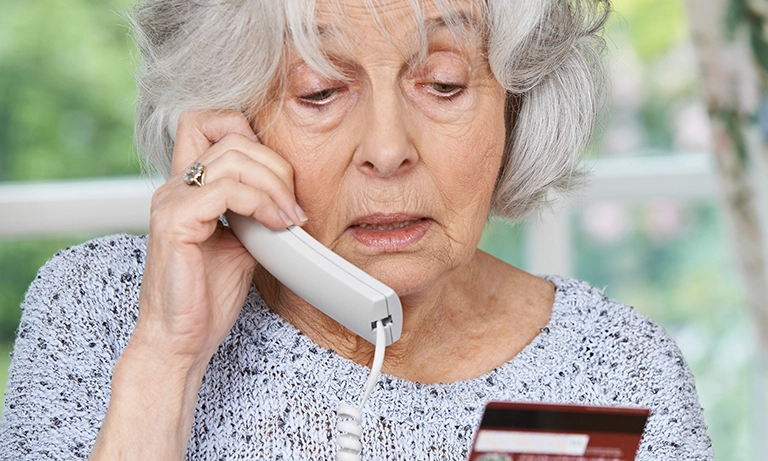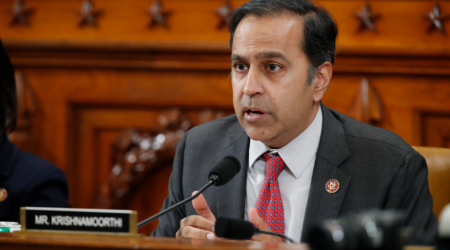By Himanshu Rath
Financial fraud is the fastest-growing form of elder abuse. According to the U.S. Department of Justice’s latest data on elder financial exploitation, older people lose more than $3 billion to scamsters or frauds every year.
Elder financial exploitation and abuse are when someone misuses or takes vulnerable elderly’s assets for their own benefit. It’s often done without the vulnerable elderly knowing or consenting and can leave them without needed financial resources.
It can happen at home, or in a health care facility. While some instances occur as deception, false pretenses, or sleight of hand, it isn’t uncommon for abuse to include coercion, harassment, duress, and threats. Banks and other financial institutions are reporting a number of such incidents. Elder financial abuse is a significant crime affecting older people in various communities every day.
No matter how big or small the financial fraud or exploitation, it can leave older people and their families financially and emotionally devastated.
It has become very important for all of us to understand elder financial abuse, learn how to spot red flags and put preventive measures in place, and know how to report suspicious activity.
Financial exploitation can be more difficult to detect than physical elder abuse. The circumstances can vary, and warning signs aren’t always obvious. But four scenarios explain why the vast majority of cases go unreported:
- The abuser is a family member or trusted caregiver
- The victim elderly doesn’t know it happened until the damage is done
- The victim elderly experiences shame
- The victim elderly doesn’t know who to tell or where to report it
The elderly may rely on the abuser for care and basic needs and may fear retaliation. The victim’s lack of physical or mental ability can also lead to the situation going unreported.
Reporting financial abuse can feel overwhelming, and the process to report abuse varies from state to state. The adult protective services in your area can walk you through the process and connect you to local resources to get the help you need.
Common Red Flags
Spotting signs of elder financial abuse and exploitation isn’t always easy. Common red flags that can point to financial fraud against older people can include:
- Sudden changes in bank accounts or banking practices
- Unusual use of credit cards
- Unpaid bills, foreclosure notices despite sufficient income
- Issued unusual “Cash” checks or unauthorized ATM withdrawals
- Turning over finances or transferring assets to others without explanation or consent
- Disappearance of cash, valuable objects, or financial statements
- Unexplained changes to wills or other financial documents
- Sudden changes in an older person’s mood or demeanor
How to Prevent Elder Financial Abuse
The best way to stop elder financial abuse is to prevent it before it starts. If you’re a senior, identify and try to protect yourself from financial exploitation.
Family members, caregivers, community members, and professionals can also identify actions to protect older persons. If older persons are not in a position to handle their financial matters properly, power of attorney or a trust can be created with due consultation with concerned authorities.
Automatic bill pay and direct deposit for checks can be set up to reduce the chance of misuse of the older person’s bank accounts. Bank statements should be checked on a monthly basis and regularly check other finance-related reports for signs of fraud.
Don’t remain isolated, as it’s more difficult to commit fraud when the elderly accompany family members/friends, etc.
Keep in touch with relatives and friends. Family members can check in with the vulnerable elderly’s close friends and neighbors if they live far away.
The aging elderly are the most vulnerable, and relatives, neighbors, friends, and people in the community must look after them.
Isolation increases the risk of elder financial exploitation, so having a network of family, relatives and friends can be an excellent way to prevent abuse.
Elder abuse is a serious public health problem, and like most public health problems of the twenty-first century, the best course of action is prevention.
For more info, Contact: [email protected], WhatsApp: +919810030979, Address: Agewell Foundation USA Inc., 62W 47th ST STE 707, New York, NY-10036, www.agewellfoundationusa.org

(The writer is head of the Agewell Foundation USA Inc. It is a 501(c)(3) registered Non-Profit initiative, committed to working for the welfare of destitute Old People desperately needing assistance.)












